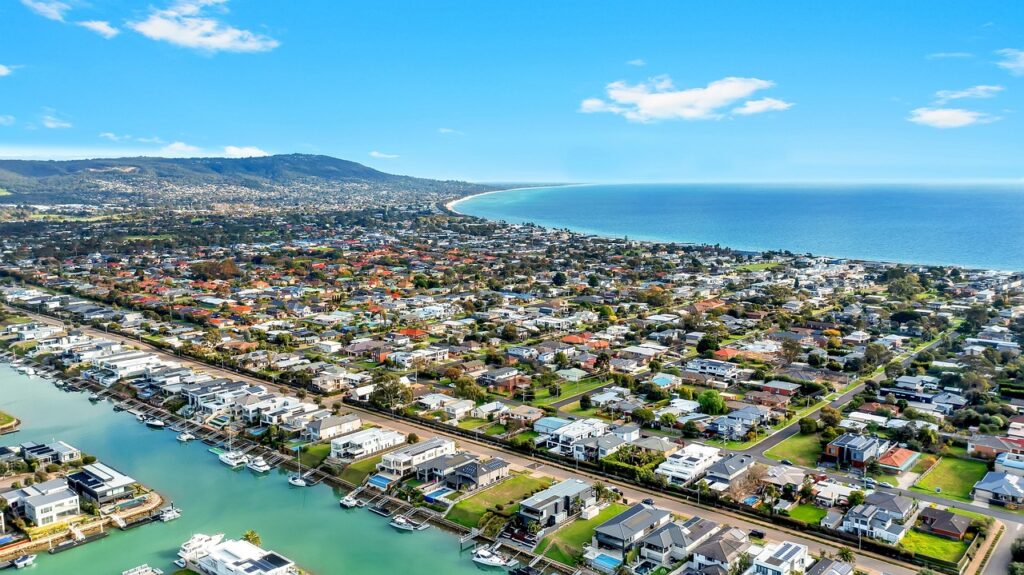Given the current housing crisis – in which more than 122,000 people were estimated to be experiencing homelessness at the last census in 2021, and with house prices having risen 6.2% in the past year – Australians are vulnerable when it comes to housing security. This makes the question posed in the headline particularly relevant and it’s a question recently answered by the Australian Capital Territory, which enshrined housing as a part of their Human Rights Act.
The law was passed through the ACT Legislative Assembly with support from Labor and The Greens. The territory’s Human Rights Commissioner, Dr Penelope Mathew, said that it brings “the ACT closer toward fully realising the right to adequate housing and a more comprehensive human rights framework for all Canberrans.”
This is also a question being discussed in Victoria.
While Victoria does not have a Human Rights Act, it does have the Charter of Human Rights and Responsibilities Act 2006. It protects 21 fundamental rights, some of which include:
- “Right to recognition and equality before the law”.
- “Right to freedom of thought, conscience, religion and belief”.
- “Right to freedom from forced work”.
So if housing was considered a human right in Victoria, what would that look like?
Human rights are rights inherent to all human beings, regardless of their background. In the ACT, this legislation means that the territory’s government will need to consider the right to housing when making decisions and developing policies. It will particularly advocate for the rights of people in social or public housing, renters, and those experiencing homelessness. It also provides constituents with the ability to challenge decisions and laws made by the government to ensure the right is being upheld.
“Adequate housing is about more than just shelter. It is the right to live somewhere in security, peace, and dignity. If people don’t have safe and stable housing, many other fundamental rights are at risk,” Dr Penelope Mathew said, while ACT Greens leader Shane Rattenbury – who introduced the bill – said that it will “reshape the way we think about housing… treat[ing] housing not as a private asset… but as a foundational social good.”
This last statement feels increasingly true. Houses are treated as a commodity rather than a necessity. Even when the housing crisis is discussed, it feels as if much of the framing is surrounding the idea that if young people are not able to buy homes, they won’t have that asset to support themselves and their families in retirement – and not through the lens that this crisis really means that many people are without a secure and stable place to live.
The Victorian Greens first introduced a bill (Human Rights and Responsibilities Amendment (Right to Housing) Bill 2025) to the Victorian Legislative Council in June, with debate taking place in August. The primary sentiment is that it is right for every person to have adequate housing.
“We are offering something all MPs across the political spectrum can agree on – that everyone has a right to a safe and affordable home,” said Greens housing spokesperson Gabrielle de Vietri.
In August, the Council to Homeless People called for bipartisan support for the bill, urging Premier Jacinta Allan and Opposition Leader Brad Battin to vote in favour of enshrining housing as a human right. They argued that every Victorian needs a “guarantee of safe and dignified housing” because without it, there are “dire consequences for quality of life.”
However, neither Labor or the Liberals supported the legislation. Labor MLC Ryan Batchelor said “that [it] will not build a single home” and that their focus is on improving house affordability and tackling homelessness.
If that’s what the focus is currently, then let’s look at the situation at hand. A study released by The Guardian last year found that people experiencing homelessness are dying at an average age of 44, more than 30 years less than the national life expectancy, with exposure to violence and a lack of access to healthcare being some of the main causes. Research from the Australian Institute of Health and Wellbeing found that secure housing leads to decreased rates of hospitalisation, reduced transmission of infectious diseases, and improved mental health.
In Victoria, the homelessness crisis is growing. 102,000 Victorians sought help from homelessness services in the 2023-2024 financial year. Reporting from earlier this year found that in Gippsland, over 7,500 households were on the Victorian Housing Register for social housing, and 572 households reported sleeping rough in the past year.
So perhaps a new approach is needed. A new framework to view housing as something that is essential and not a commodity or asset.

